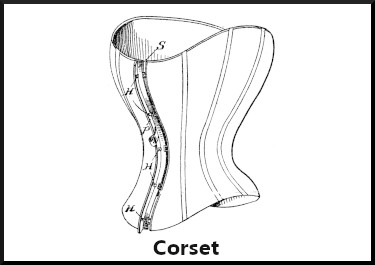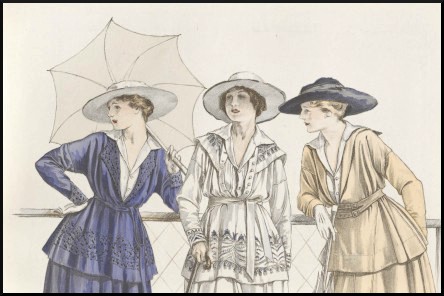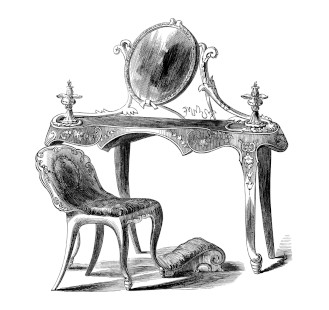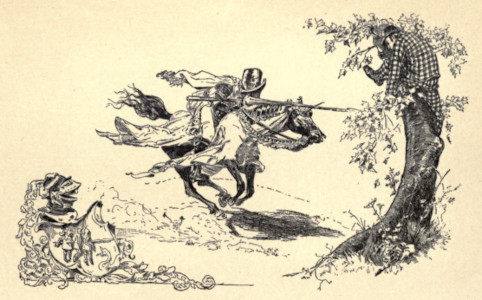Babe Paley? Wallis Simpson? Suzy Knickerbocker? Mrs. J. Gordon Douglas Sr.? Gregg Moran? Truman Capote? Dorothy Parker? Joan Rivers? Zenith Carburetor? Anonymous?

Question for Quote Investigator: Achieving wealth and a svelte body have become idealized goals in some cultural milieus. Here are three versions of a pertinent maxim:
- You can never be too rich or too thin.
- You can’t be too thin or too rich.
- A woman can never be too thin or too rich.
As knowledge of the eating disorders anorexia and bulimia has grown this saying has become more sinister to some. Would you please explore its origin?
Reply from Quote Investigator: The earliest match located by QI appeared in the July 1963 issue of the U.S. fashion magazine “Harper’s Bazaar” within an article titled “High Living on Low Calories”. The attribution was anonymous. Boldface added to excerpts:1
Ponder, now, our week’s worth of diet menus, based on the latter part of that wise old adage, “You can never be too rich or too thin.” High living on low calories, indeed!
Below are additional selected citations in chronological order.
Continue reading “Quote Origin: You Can Never Be Too Rich or Too Thin”





